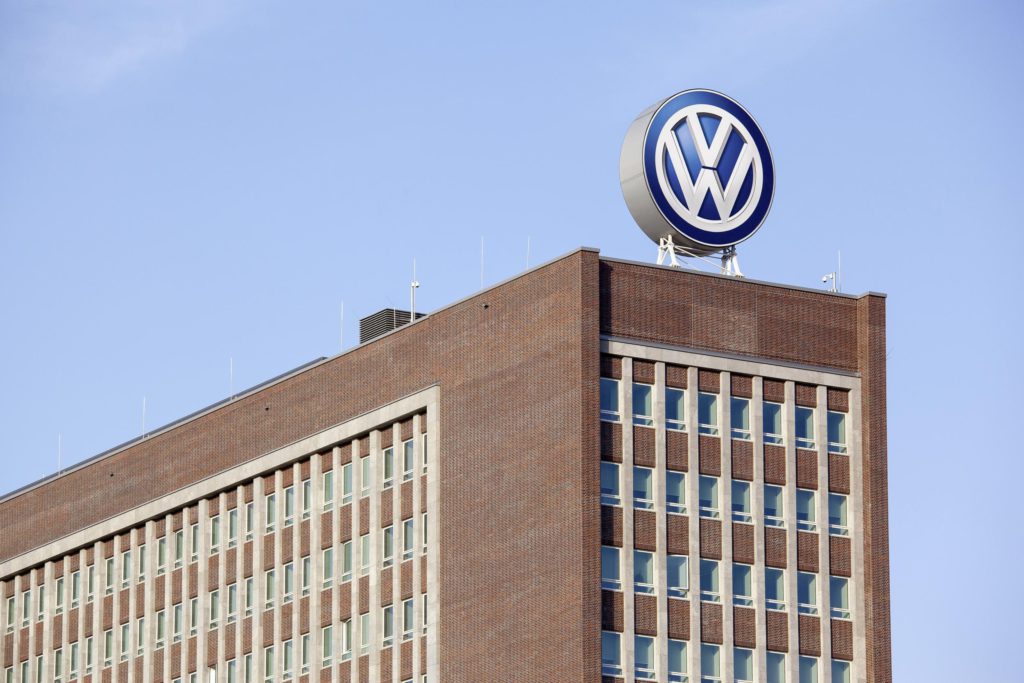Volkswagen offices raided over payments to works council chief as EV investment may grow
15 November 2017

15 November 2017
Volkswagen (VW) has said it obeyed the law regarding payment of its works council chief Bernd Osterloh following raids on his and other high-ranking executives’ offices by prosecutors and tax authorities.
The raid was related to suspicions of overpayments and related evasion of taxes, through resulting high operating expenses and therefore the payment of too little tax. Offices of supervisory board chairman Hans Dieter Poetsch, finance boss Frank Witter, and human resources head Karlheinz Blessing were raided along with Osterloh’s, with files and computers being seized.
VW and its works council have both said that they are confident any payments made to Osterloh are compliant with the law, with the council adding that Osterloh himself is not the target of the investigation, but the payments made from VW.
Earlier in 2017 it was revealed that German prosecutors were investigating both current and former VW executives on suspicion that the works council chief was paid an excessive salary. At the time, Osterloh told a newspaper that his basic pay of €200,000 had been lifted to €750,000 through bonuses at one time. In Germany, wasting corporate funds is a breach of fiduciary duty.
The investigation is the latest to beset VW, following various raids and probes over the Dieselgate scandal which manifested in 2015, and claims it was involved in a cartel with other German manufacturers. The car maker has just agreed to pay $69 million (€58 million) to settle New Jersey state diesel emissions claims, one of the last major outstanding diesel legal issues the automaker faces in the United States.
VW has previously agreed to spend more than $750 million (€634 million) to resolve various state environmental and consumer claims. In total, VW has agreed to spend up to $25 billion (€21 billion) in the United States to address claims from owners, environmental regulators, states and dealers and offered to buy back about 500,000 polluting US vehicles.
New Jersey’s attorney general had said previously that VW could have faced maximum penalties of more than $1.2 billion (€1 billion) in the state.
Meanwhile, VW’s supervisory board may approve more investment in the company’s Zwickau plant in Germany in order to increase production of electric vehicles (EVs) in its pursuit of creasing a mass market for the technology.
The manufacturer is already planning to invest around €70 billion in the development of a number of EV models by 2030, including battery development, material sourcing and factory upgrades. Zwickau is scheduled to begin production of the company’s first dedicated EV, the I.D. hatchback. Meanwhile, production of traditional-engine vehicles could be moved to under-utilised plants in Wolfsburg and Emden.
Under its ′Roadmap E‘, VW now aims to offer an electric version of each of its 300 group models by 2030. VW’s supervisory board will meet on Friday to sign off on management’s capital and development spending targets for the next five years.
Photograph courtesy of Volkswagen Group